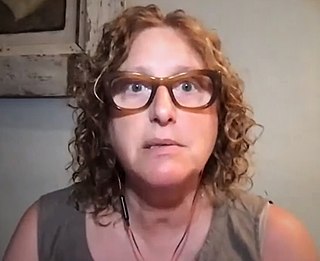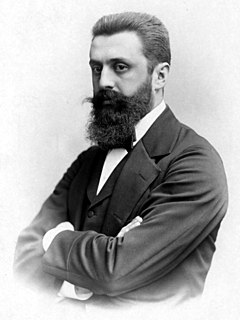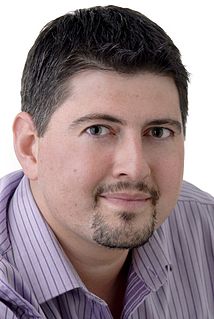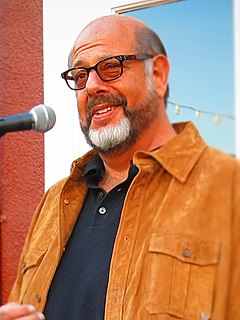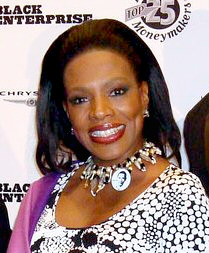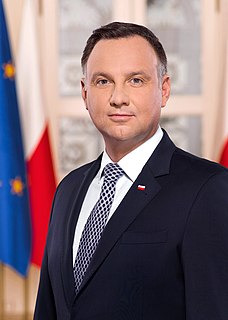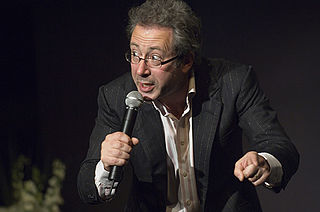A Quote by Nathan Englander
I was thinking a lot about myself and my own super inextricably Jewish boy link with my mother. I felt like even a Jewish spy would have this relationship, so yes, I was very much exploring this relationship of boys and their mothers, and Jewish boys and their mothers. Exactly that, the ridiculous lengths that a doting mother will go for her son, and the ridiculous lengths that - I will pretend this is distanced from me - the ridiculous neediness of a grown man for a mother.
Related Quotes
When I was a little kid, it was not uncommon for a cousin or an uncle, before they would even say 'Hello,' to gush, 'You know, your mother's brisket is just incredible; it's so good.' That was an inspiration for creating a love song in that well-worn terrain of the relationship between a Jewish boy and his mother.
The idea of the book ["The Japanese Lover"] came in a conversation that I had with a friend walking in the streets of New York. We were talking about our mothers, and I was telling her how old my mother was, and she was telling me about her mother. Her mother was Jewish, and she said that she was in a retirement home and that she had had a friend for 40 years that was a Japanese gardener. This person had been very important in my friend's upbringing.
As a child, I personally didn't really get to know any Jews. I was eight years old when the Night of Broken Glass happened. And Ludwigshafen was purely a workers' city, so we didn't have a very big Jewish community. What I did know about the Jews, I heard from my mother. My mother was very much pro-Jewish.
Daughters could survive a powerful mother, but boys found it almost impossible. Such boys were often severely damaged and spent the rest of their lives running away from their mothers, or from anybody who remotely reminded them of their mothers; either that, or they became their mothers, in a desperate, misguided act of psychological self defence.
I think we spend a lot of time denying our mothers. We understand other women earlier than we understand our mothers because we're trying so hard to say, "I'm not going to be like my mother" that we blame her for her condition. If we didn't blame her for her condition, we would have to admit that it could happen to us, too. I spent a long time doing that, thinking that my mother's problems were uniquely her fault.
If only one country, for whatever reason, tolerates a Jewish family in it, that family will become the germ center for fresh sedition. If one little Jewish boy survives without any Jewish education, with no synagogue and no Hebrew school, it [Judaism] is in his soul. Even if there had never been a synagogue or a Jewish school or an Old Testament, the Jewish spirit would still exist and exert its influence. It has been there from the beginning and there is no Jew, not a single one, who does not personify it.

